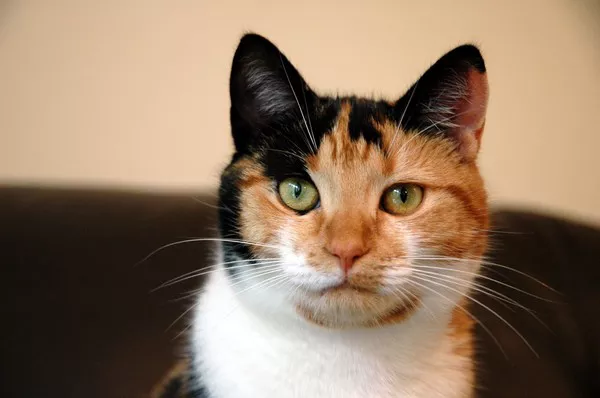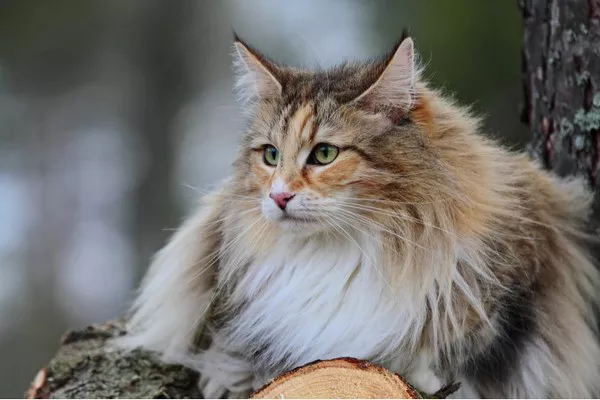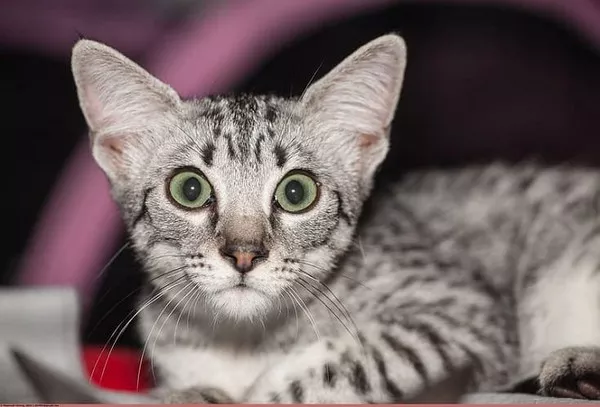A shift in New Zealand’s feline perspective emerges as ecological concerns prompt individuals, including former cat enthusiasts, to rethink their relationship with cats due to their potential harm to local wildlife.
The transformation is exemplified by individuals like McConnell, a resident near Auckland. His engagement with the land encompasses cultivating native trees and actively curbing predators like possums, rats, and un-collared felines, which he now targets during nighttime hunts. While he acknowledges that he would spare owned cats, his stance against strays has escalated to the point where he considers shooting domestic cats outdoors, citing their potential detrimental impact.
McConnell’s standpoint epitomizes the growing community of New Zealanders relinquishing their attachment to cats, triggered by apprehensions about the peril they pose to the nation’s native fauna.
Once renowned for being a nation of fervent cat aficionados, New Zealand now witnesses a paradigm shift. The nation’s pursuit of one of the world’s most ambitious pest-eradication endeavors, intended to eliminate species like possums, rats, stoats, and ferrets by 2050, has kindled a broader examination of other animal contributors, including the domestic feline. With over 2 million feral cats and around 1.4 million domestic ones, New Zealand’s cat population has become synonymous with substantial attacks on indigenous birdlife.
Jessi Morgan, leading the conservation organization Predator Free NZ, has observed a change in attitudes toward cats. She notes, “I definitely hear more and more people either tell me they’re a reformed cat owner, or that the cat they currently owned will be their last.” The evolving mindset redefines responsible pet ownership as New Zealanders weigh the consequences on local wildlife.
Some individuals have transitioned from cat ownership as they recognize the environmental impact. Tony White, an estate agent, recalls that after saying farewell to their last cat 15 years ago, the return of birds and native lizards to their garden was evident. White asserts, “We have rare birds walking past our living room and nesting in our garden – kiwi live in the patch of scrub at the back of our house. They would not be there if we had a cat.”
These transformations resonate in pet ownership statistics. According to Companion Animals New Zealand (CANZ), cat ownership has declined from 48% of households in 2011 to 41% in 2020, a shift partially attributed to evolving population demographics, such as increasing numbers of renters. Many former cat owners now view felines differently due to heightened awareness of their impact on birdlife.
Simon Damerell, a retiree in Auckland, explains how his perspective shifted from owning cats to prioritizing bird preservation, stating, “Cats, though adorable and loving, are in essence bird killing machines.”
The evolution in feline sentiments intertwines with the resurgence of New Zealand’s native fauna. Conservation efforts, like urban bird sanctuaries, have led to remarkable recoveries in bird populations, particularly in cities like Wellington. As indigenous birds venture into urban spaces, they increasingly encounter domestic cats, exposing owners to the reality of their pets’ predatory behaviors. This dynamic prompts a reevaluation of New Zealand’s once-celebrated cat culture in light of its ecological impact.























